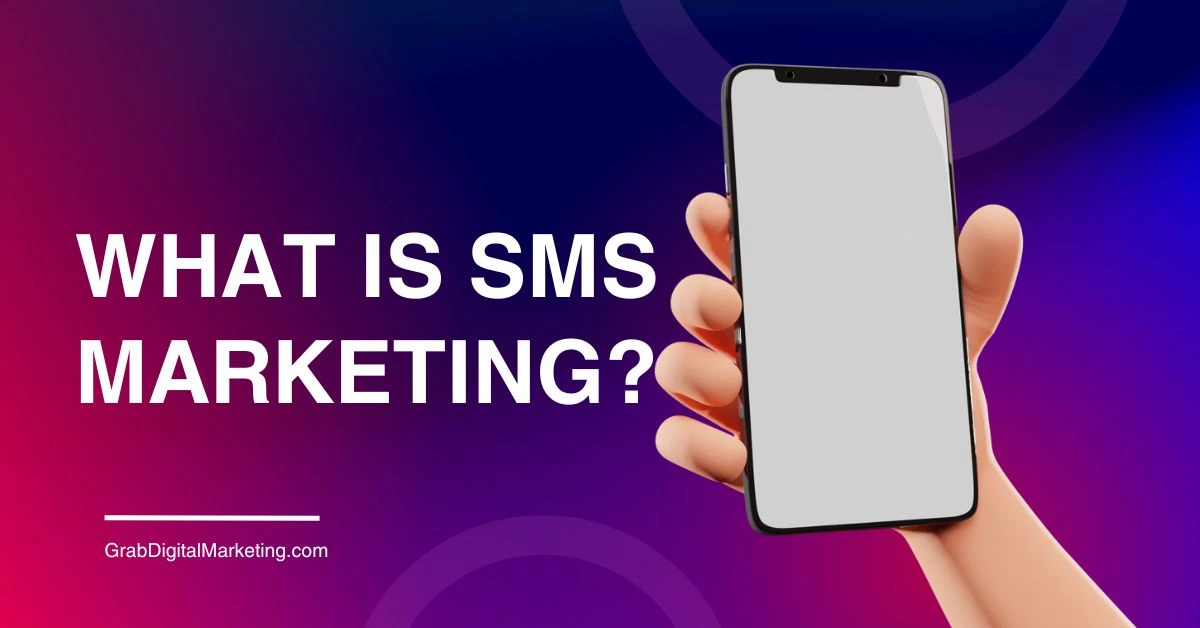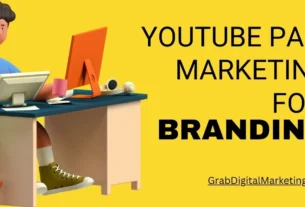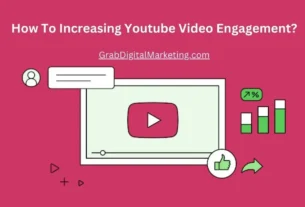SMS Marketing, or Short Message Service Marketing, refers to using text messages to promote products, services, or brands. This digital marketing strategy aims to reach consumers directly on mobile phones, delivering concise, timely, and relevant information. As mobile phone usage has skyrocketed over the past two decades, SMS Marketing has grown into a powerful tool for businesses to engage with their customers.
Table of Contents
History and Evolution of SMS Marketing
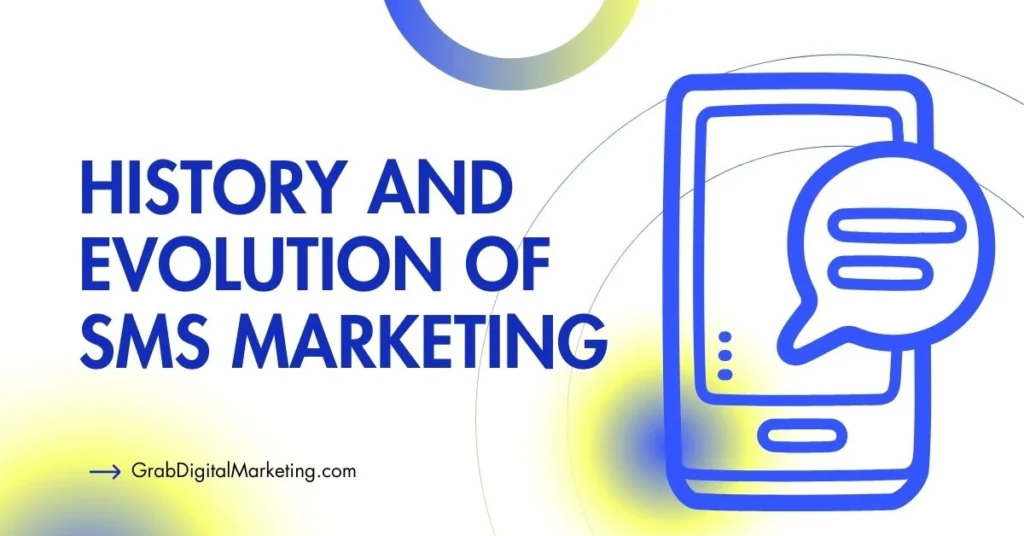
The concept of SMS marketing dates back to the early 2000s when mobile phones became more widely accessible. Initially, SMS was used primarily for personal communication. However, businesses quickly recognized the potential of SMS as a marketing channel due to its direct and immediate nature. By the mid-2000s, companies began sending promotional messages, alerts, and notifications to their customers via SMS. Over time, SMS marketing has grown in sophistication, incorporating advanced technologies and strategies to enhance its effectiveness.
Benefits of SMS Marketing
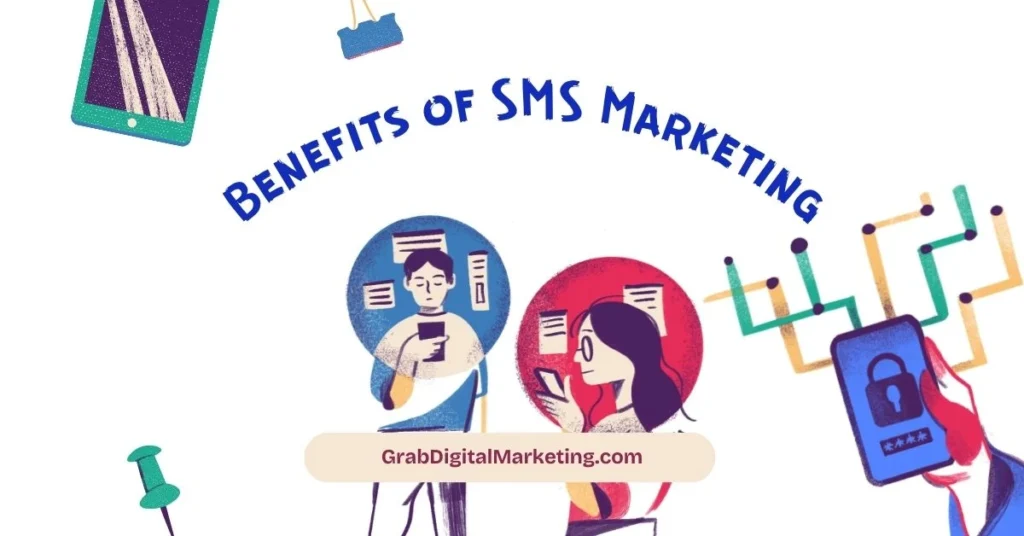
- High Open Rates: SMS marketing boasts impressive open rates, with studies indicating that approximately 98% of text messages are opened and read within minutes of delivery. This high engagement rate ensures that marketing messages reach their intended audience.
- Immediate Delivery: SMS messages are delivered almost instantly, making them ideal for time-sensitive promotions and announcements. Businesses can quickly disseminate information to their customers, increasing the chances of a prompt response.
- Cost-Effective: Compared to traditional advertising methods, SMS marketing is relatively inexpensive. Businesses can reach a large audience with minimal investment, making it a cost-effective marketing solution for small and large enterprises.
- Direct and Personal: SMS marketing allows businesses to establish a direct and personal connection with their customers. By sending tailored messages to individual recipients, companies can create a sense of exclusivity and build stronger relationships with their audience.
Key Components of SMS Marketing
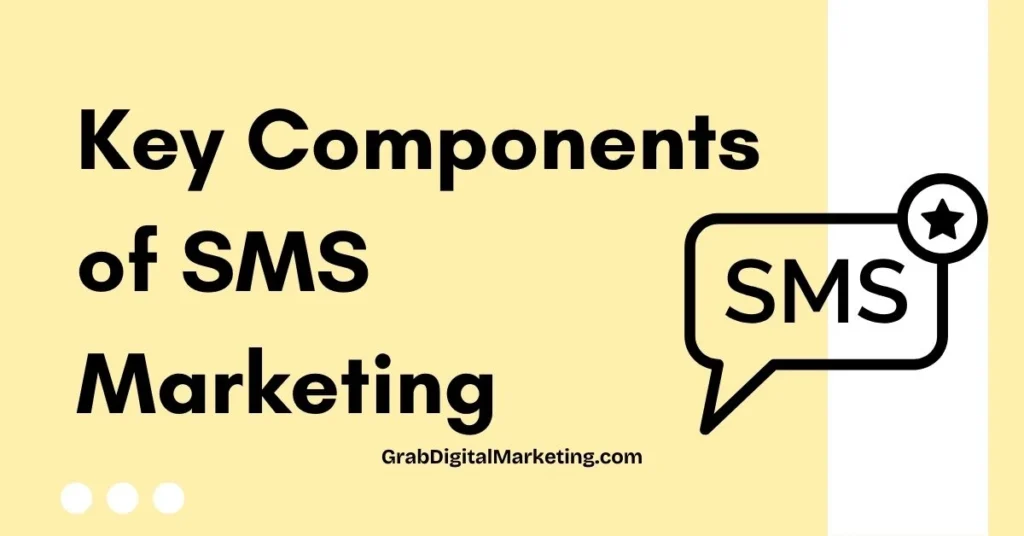
- Opt-In and Opt-Out Mechanisms: Businesses must implement opt-in and opt-out mechanisms to comply with regulations and ensure a positive customer experience. Customers should be able to voluntarily subscribe to SMS marketing campaigns and easily unsubscribe if they no longer wish to receive messages.
- Segmentation and Targeting: Effective SMS marketing relies on segmentation and targeting strategies. By categorizing customers based on demographics, preferences, and behaviors, businesses can send relevant and personalized messages that resonate with their audience.
- Content and Timing: Crafting compelling content and delivering messages at the right time are crucial for SMS marketing success. Messages should be concise, clear, and actionable, with a strong call to action (CTA). Additionally, businesses should consider the timing of their messages to maximize engagement.
- Compliance and Regulations: Businesses must adhere to legal requirements and industry regulations when implementing SMS marketing campaigns. This includes obtaining explicit consent from recipients, providing opt-out options, and safeguarding customer data.
Popular Use Cases of SMS Marketing
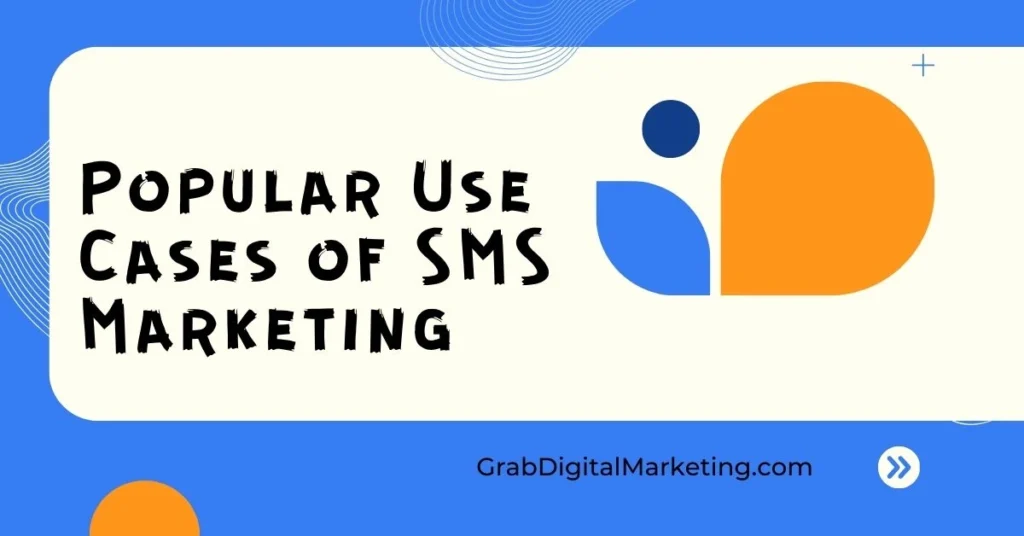
- Promotional Offers and Discounts: Businesses often use SMS marketing to share exclusive offers, discounts, and promotions with their customers. This strategy helps drive sales and encourage repeat purchases.
- Appointment Reminders: Healthcare providers, salons, and service-based businesses use SMS marketing to send appointment reminders and reduce no-show rates. These reminders ensure that customers are aware of their scheduled appointments and can reschedule if necessary.
- Event Invitations and Updates: SMS marketing is an effective way to invite customers to events, workshops, and webinars. Businesses can also provide event updates, such as changes in venue or timing, to ensure attendees are well-informed.
- Order Confirmations and Shipping Updates: E-commerce companies use SMS marketing to send order confirmations, shipping updates, and delivery notifications. These messages keep customers informed about the status of their orders and enhance the overall shopping experience.
Challenges and Considerations
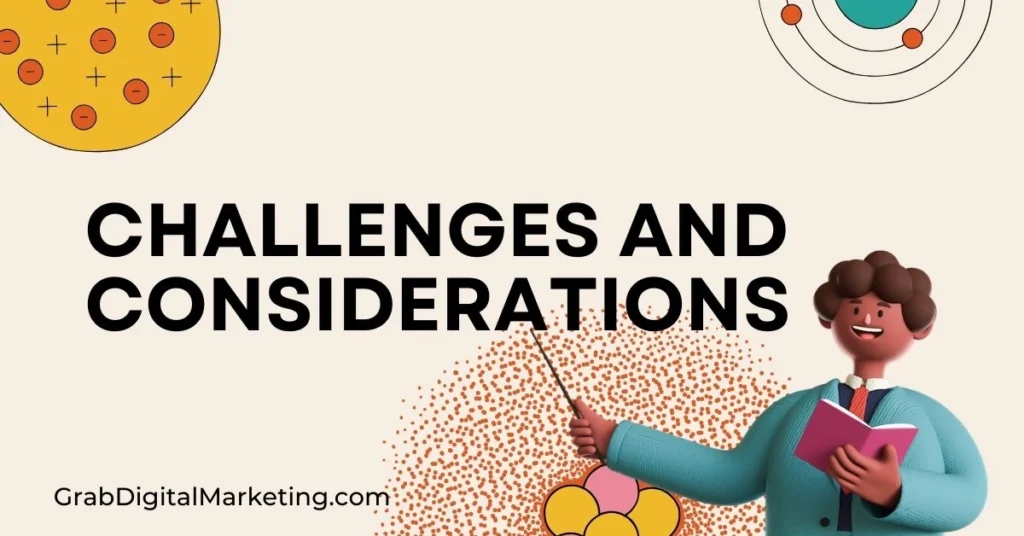
- Message Saturation: As more businesses adopt SMS marketing, there is a risk of message saturation, where customers receive an overwhelming number of promotional messages. To mitigate this, businesses should focus on delivering valuable and relevant content rather than bombarding customers with frequent messages.
- Privacy Concerns: SMS marketing involves collecting and using customer data, which raises privacy concerns. Businesses must prioritize data security and comply with privacy regulations to protect customer information and build trust.
- Character Limitations: SMS messages are typically limited to 160 characters, which can be challenging for marketers to convey their message effectively. Crafting concise and impactful content within this constraint requires creativity and precision.
- Opt-Out Rates: High opt-out rates can indicate that customers find the messages irrelevant or intrusive. Businesses should monitor opt-out rates and adjust their strategies accordingly to improve customer satisfaction.
Future Trends in SMS Marketing
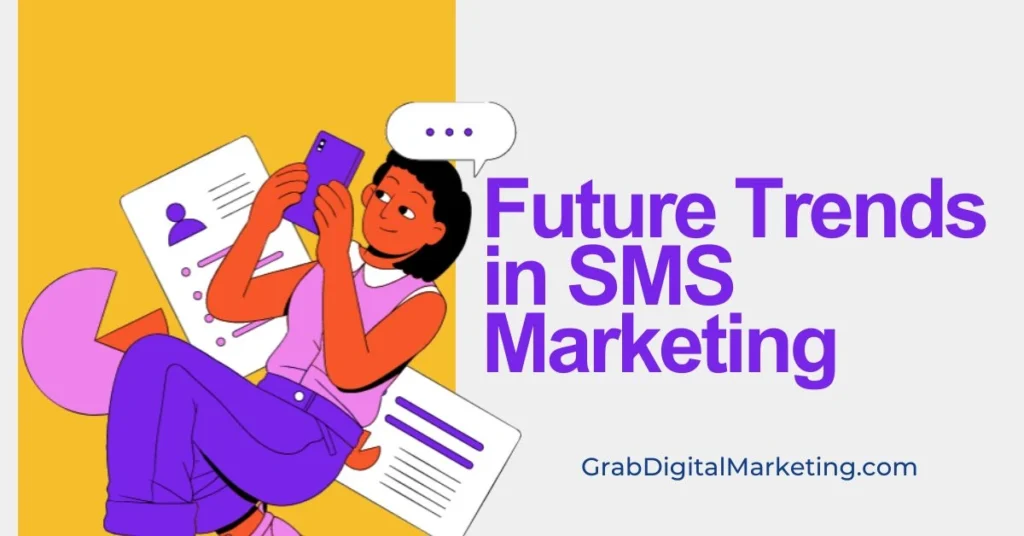
- Integration with Other Marketing Channels: SMS marketing is increasingly being integrated with other digital marketing channels, such as email marketing, social media, and mobile apps. This multi-channel approach ensures a cohesive and consistent customer experience.
- Personalization and Automation: Advances in artificial intelligence and machine learning are enabling businesses to personalize their SMS marketing campaigns at scale. Automated messaging systems can deliver tailored content based on customer behaviors and preferences, enhancing engagement and conversion rates.
- Rich Communication Services (RCS): RCS is an advanced messaging protocol that enhances traditional SMS with multimedia capabilities, such as images, videos, and interactive buttons. As RCS adoption grows, businesses can leverage this technology to create more engaging and dynamic SMS marketing campaigns.
- Two-Way Communication: SMS marketing is evolving from a one-way communication channel to a two-way interaction platform. Businesses can use SMS to facilitate customer support, gather feedback, and conduct surveys, fostering a more interactive and responsive relationship with their audience.
Conclusion
SMS marketing is a powerful and versatile digital marketing strategy that enables businesses to reach their customers directly on their mobile phones. With its high open rates, immediate delivery, and cost-effectiveness, SMS marketing offers numerous benefits for businesses of all sizes. By implementing key components such as opt-in mechanisms, segmentation, and compelling content, businesses can create successful SMS marketing campaigns that drive engagement and conversions. While challenges such as message saturation and privacy concerns exist, the future of SMS marketing is promising, with trends like personalization, RCS, and two-way communication set to enhance its effectiveness. Embracing SMS marketing as part of a comprehensive digital marketing strategy can help businesses build stronger relationships with their customers and achieve their marketing goals.

